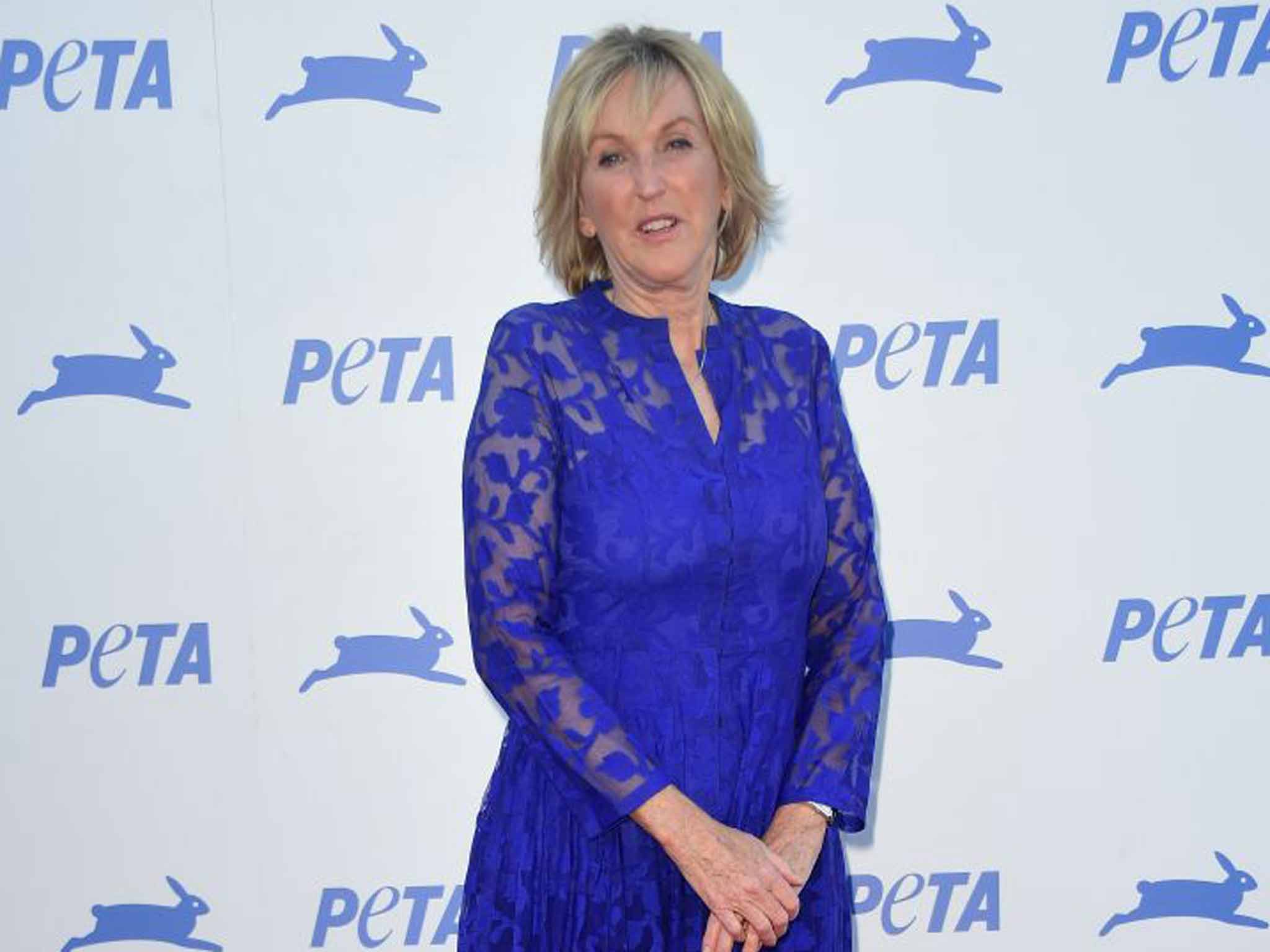Campaigns that make the headlines need names that abbreviate memorably: From Peta and Ash to Waspi
Professor Banzhaf is the king of pressure-group acronyms, responsible for Crash (Citizens to Restrict Airline Smoking Hazards) and Soup (Students Opposing Unfair Practices)

I possibly wasn't alone in never having come across the campaign group Women Against State Pension Inequality until the issue was prominent on the airwaves yesterday. Women Against State Pension Inequality? That would be WASPI, right? Or, rather, if we are to follow The Independent's house style – upper and lower case when it's an acronym you can read or say as a word – Waspi.
You have to smile at Waspi. It's neat, it's catchy, and it's got the right amount of attitude. No one is going to take on Waspi lightly. There's a sting in its tail. Hats off to whoever thought up Waspi.
With no shortage of wrongs to be righted, we live in an age of pressure groups and everyone needs a name that works as an eye-catching acronym. “What are we going to call ourselves?” has to be one of the first questions a budding pressure group asks. We journalists reckon that, if a story lends itself to a brilliant headline, you're halfway there. I'd say it was the same with pressure-group acronyms.
Take Ash (Action on Smoking and Health), one of the longest-established pressure groups, dating back to 1967, and still one of the best examples of a name that, like a great advertising slogan, sticks in the mind, works on more than one level, and perfectly encapsulates the organisation's spirit and purpose. And it was way ahead of the game in understanding the part that a witty acronym can play in furthering a cause.
Ash's founder was John Banzhaf, a Washington DC-based professor in public law, who at 75 is still teaching courses in legal activism. “At the time we had organisations like the American Cancer Society which was fine but 'ACS' didn't say anything,” he says. “I wanted a name that expressed action, which is why the 'Action' in Ash is so important. Plus, the name had to have some meaning and express something of our goals. I think a sign of how successful it was is that there are now Ash organisations right across the world.” Professor Banzhaf is the king of pressure-group acronyms. He's been responsible – directly or, through his students, indirectly – for dozens of them. Crash (Citizens to Restrict Airline Smoking Hazards) was another of his, as was Soup (Students Opposing Unfair Practices). In support of a campaign that still resonates in 2016, he came up with Blast (Black Legal Action for Soul in Television), which in the early 1980s was a response to the under-representation of black people among US TV reporters and news anchors. “I guess I've always enjoyed writing and playing with language,” Professor Banzhaf says.
Ash spawned Gasp (Group Against Smoking Pollution), which maybe borders on contrivance, and a trawl through a list of pressure groups reveals plenty of misses as well as hits. Presumably someone at Catholics United Against Liberation Theology thought that Cult was a desirable name, but that must be open to question.
Peta (People for the Ethical Treatment of Animals) is, like Ash, a campaign that has entered the world's consciousness, in considerable part because of its name. Founder Ingrid Newkirk recalls how it was dreamed up in 1980. “I remember the process very well,” she says. “It happened over one weekend in a house in Maryland. It was me and five others and we had a brainstorming session. We very nearly called ourselves Justice for Non-Humans, but then I thought that 'Non' sounded a bit derogatory. I realised that we really needed to focus on the 'ethical' element, and it went from there.”
One problem with Peta is that it comes with two possible pronunciations – though only, it seems, in the UK. “Everywhere else in the world it's Peta like Peter,” Newkirk says. “In the UK I think it has this association with 'pets' which was never part of our thinking. But I don't mind. The most important thing is the work that we do.” Get the name right and the work is so much more effective.
Subscribe to Independent Premium to bookmark this article
Want to bookmark your favourite articles and stories to read or reference later? Start your Independent Premium subscription today.

Join our commenting forum
Join thought-provoking conversations, follow other Independent readers and see their replies